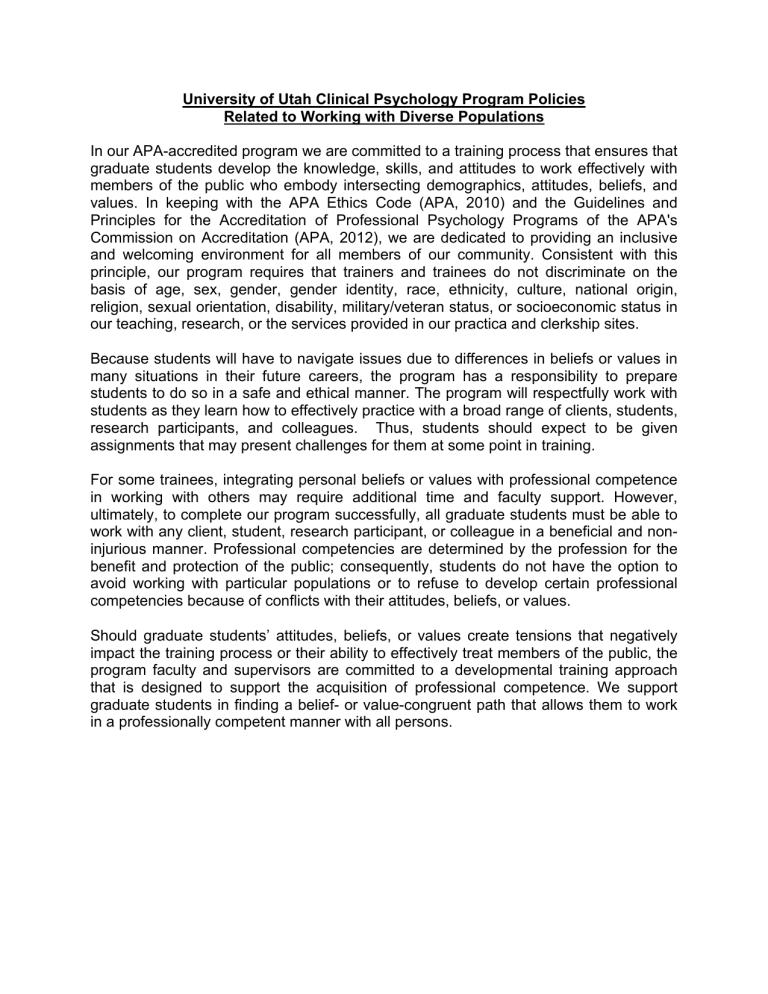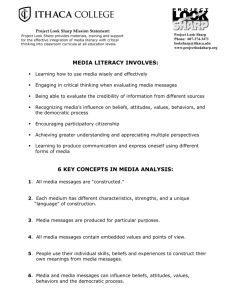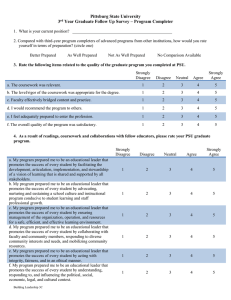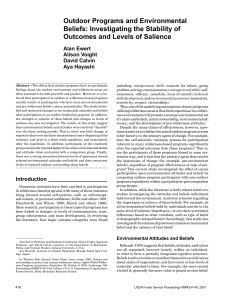University of Utah Clinical Psychology Program Policies

University of Utah Clinical Psychology Program Policies
Related to Working with Diverse Populations
In our APA-accredited program we are committed to a training process that ensures that graduate students develop the knowledge, skills, and attitudes to work effectively with members of the public who embody intersecting demographics, attitudes, beliefs, and values. In keeping with the APA Ethics Code (APA, 2010) and the Guidelines and
Principles for the Accreditation of Professional Psychology Programs of the APA's
Commission on Accreditation (APA, 2012), we are dedicated to providing an inclusive and welcoming environment for all members of our community. Consistent with this principle, our program requires that trainers and trainees do not discriminate on the basis of age, sex, gender, gender identity, race, ethnicity, culture, national origin, religion, sexual orientation, disability, military/veteran status, or socioeconomic status in our teaching, research, or the services provided in our practica and clerkship sites.
Because students will have to navigate issues due to differences in beliefs or values in many situations in their future careers, the program has a responsibility to prepare students to do so in a safe and ethical manner. The program will respectfully work with students as they learn how to effectively practice with a broad range of clients, students, research participants, and colleagues. Thus, students should expect to be given assignments that may present challenges for them at some point in training.
For some trainees, integrating personal beliefs or values with professional competence in working with others may require additional time and faculty support. However, ultimately, to complete our program successfully, all graduate students must be able to work with any client, student, research participant, or colleague in a beneficial and noninjurious manner. Professional competencies are determined by the profession for the benefit and protection of the public; consequently, students do not have the option to avoid working with particular populations or to refuse to develop certain professional competencies because of conflicts with their attitudes, beliefs, or values.
Should graduate students’ attitudes, beliefs, or values create tensions that negatively impact the training process or their ability to effectively treat members of the public, the program faculty and supervisors are committed to a developmental training approach that is designed to support the acquisition of professional competence. We support graduate students in finding a belief- or value-congruent path that allows them to work in a professionally competent manner with all persons.






